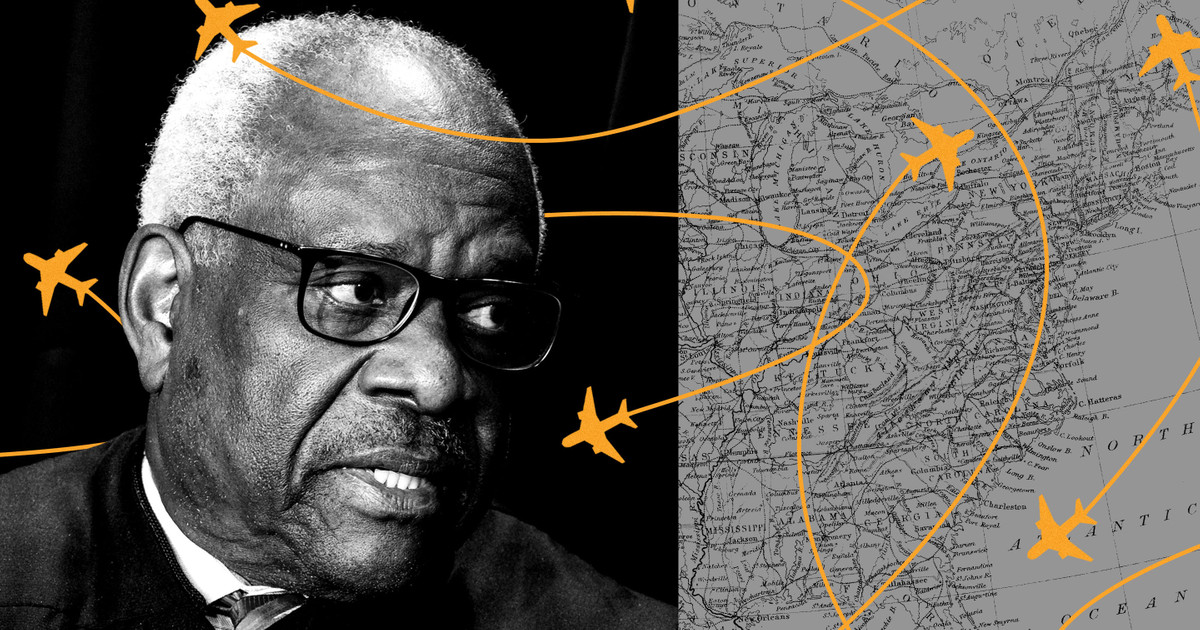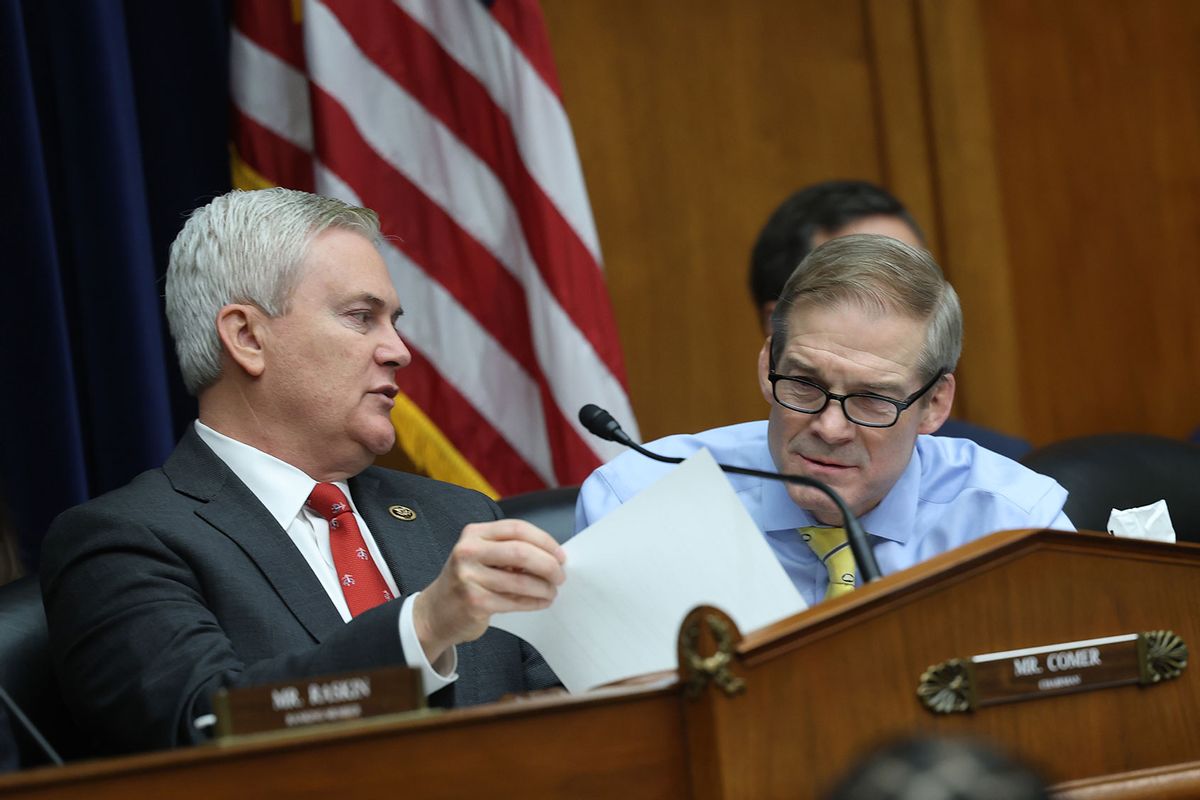DudleySmith
Diamond Member
- Dec 21, 2020
- 22,111
- 15,772
The cartoon is incorrect in portraying a Democrat. There is no giant hole in its head, and it doesn't have its hand in some kids pants.
Follow along with the video below to see how to install our site as a web app on your home screen.
Note: This feature may not be available in some browsers.






We liberals have long argued that Jesus was liberal. It’s amazing that upon coming to that same realization, these conservative congregants don’t rethink their hateful ideology to better align with the teachings of their god. Instead, they declare the teachings of Jesus as “liberal talking points,” call him “weak,” and then cast him aside as anachronistic.It was the result of having multiple pastors tell me, essentially, the same story about quoting the Sermon on the Mount, parenthetically, in their preaching — "turn the other cheek" — [and] to have someone come up after to say, "Where did you get those liberal talking points?" And what was alarming to me is that in most of these scenarios, when the pastor would say, "I'm literally quoting Jesus Christ," the response would not be, "I apologize." The response would be, "Yes, but that doesn't work anymore. That's weak." And when we get to the point where the teachings of Jesus himself are seen as subversive to us, then we're in a crisis.
This issue is so much bigger than church attendance. Social media, suburbia and its fences, cars, television, gentrification, mass mobility and migration, and almost every other technological and sociological advancement of the last 100 years have served to disconnect people from their communities. COVID didn’t help. For some people, that is a godsend (no pun intended). I was happy to ditch attendance at Catholic mass for the internet, and I found (and founded) a community there. But I’ve learned that introverts like me are the exception, not the rule.I think that the roots of the political problem really come down to disconnection, loneliness, sense of alienation. Even in churches that are still healthy and functioning, regular churchgoing is not what it was a generation ago, in which the entire structure of the week was defined by the community.


